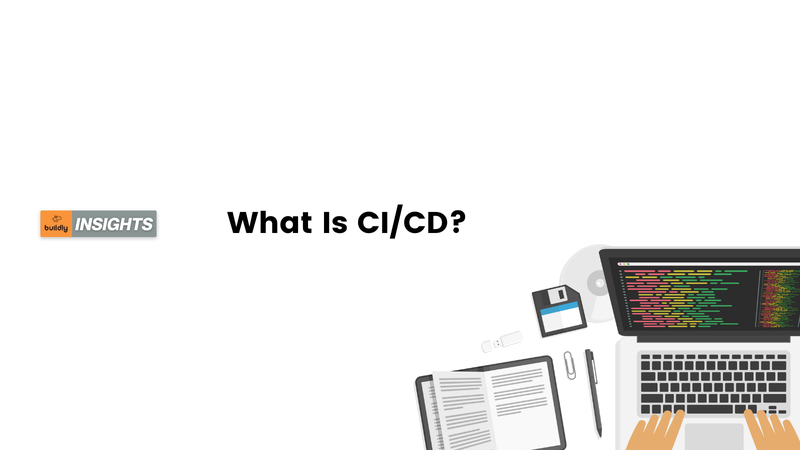What Is CI/CD?

- admin
- March 3, 2023
A group of software tools known as CI/CD tools are used to automate the software development processes of continuous integration (CI) and continuous delivery/continuous deployment (CD). As part of the CI/CD process, code changes are automatically built, tested, and deployed to live environments on a regular basis.
The technique of automatically creating and testing software updates as soon as they are submitted to a version control system like Git is known as continuous integration, or CI. This makes ensuring that code updates are constantly merged and tested, which can aid in locating problems early in the development process.
The automated deployment of tested code updates to production settings is known as continuous delivery (CD). While Continuous Deployment involves automatically distributing code updates to production environments, Continuous Delivery focuses on getting code ready for deployment.
Automation of the complete software development process—from code modifications to deployment—by CI/CD systems can help lower errors and increase the efficiency and quality of software releases. Jenkins, Travis CI, CircleCI, GitLab CI/CD, and AWS CodePipeline are a few well-known CI/CD tools.
As soon as a modification to the code is committed, these tools often link to version control platforms like Git and build and test the new code automatically. The tool will automatically deploy the code modifications to a staging environment for additional testing if the tests are successful. The program will automatically deploy the code alterations to production settings once they have undergone thorough testing and approval.
Software development teams may work more productively, make fewer mistakes, and produce higher-quality software releases with the use of CI/CD solutions. They are a crucial component of contemporary software development methodologies and are frequently employed by teams of software developers everywhere.

